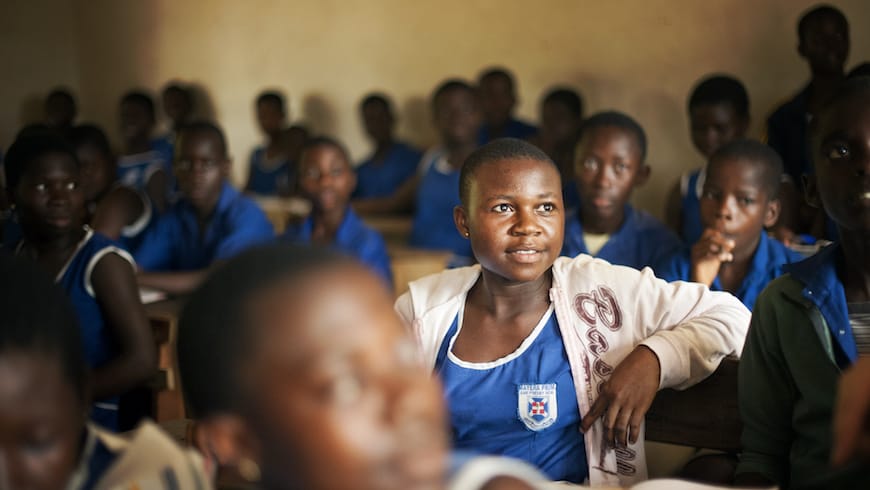SMART for Family Planning High Impact Practices: An Assessment of the Scale, Reach, Quality and Cost of Implementation in Burkina Faso
With funding from the Bill & Melinda Gates Foundation, EVIHDAF, in partnership with FHI 360, conducted the SMART-HIPs project in Burkina Faso. This project aimed to evaluate the scale, scope, quality and cost of implementing two (2) proven High Impact Practices (HIPs) in the area of family planning: Immediate Postpartum Family Planning (IPPFP) and Mass Media (MM). The evaluation covered public and private health facilities in the Centre and Hauts-Bassins regions over a two-year period (2022-2024).
Study aim and objectives
The goal of this assessment was two-fold: 1) to generate evidence to help countries reflect on and optimize implementation of HIPs and 2) to inform harmonized, globally and locally relevant measurement standards for HIPs. Specific objectives of this assessment in Burkina Faso were to:
- Measure the vertical and horizontal scale of implementation of selected HIPs.
- Measure the reach of selected HIPs to sub-populations by age, urban/rural location, and other dimensions of equity, as feasible and relevant.
- Assess quality of implementation of selected HIPs, including policy-level intention and readiness to offer the intended standard of care and/or to adhere to SBC industry standards.
- Estimate the costs of implementing and sustaining implementation and identify the cost drivers and efficiencies for selected HIPs.
Approach
This assessment was conducted in the Centre and Hauts-Bassins regions of Burkina Faso. These regions were selected based on criteria that include a representation of different contexts and stakeholder priorities.
The HIPs covered in this assessment, as outlined in the respective HIP briefs, are defined as follows:
- Immediate Postpartum Family Planning (IPPFP - proven): Offer contraceptive counseling and services as part of facility-based childbirth care prior to discharge from the health facility.
- Mass media (MM – proven): Use mass media channels to support healthy reproductive behaviors.
The assessment evaluated the scale, reach, quality, and cost of HIP implementation using a cross-sectional, observational design. The following data sources were used:
- Key informant interviews (KIIs) with FP program managers and relevant SBC technical leads within health promotion-focused units in the MOH supplemented with desk review of relevant national-level documents (all HIPs).
- KIIs with program managers at managing authorities and desk review of relevant records or documents (all HIPs).
- Service statistics (IPPFP).
- Health facility assessment and a survey with FP providers (IPPFP).
- Analysis of SBC strategies/plans and mass media products (mass media).
- Activity-based costing (all HIPs).
Findings
In Burkina Faso, findings from the report were presented during a dissemination workshop held with the Technical Working Group on Reproductive Health on February 29, 2024. Another workshop conducted with the Technical Working Group on Post-Partum Family Planning was held on August 10, 2024, targeted HIPs explored during project implementation.
Snapshot
Study area: Burkina Faso (Centre and Hauts-Bassins regions)
Duration: 2022-2024
Consortium Partners: FHI 360; EVIHDAF
Funder: Bill and Melinda Gates Foundation
Targets: (1) Scale: Evaluate national policies and curricula related to HIPs, integration of IPPFP in HMIS, training of health facilities and providers, and total clients and services. (2) Outreach: Analyze client distribution by age, location, and gender for IPPFP, along with the reach and variety of media used. (3) Quality: Assess policy standards, health facility readiness for HIPs, adherence to QBS quality standards, and qualitative implementation challenges. (4) Costs: Determine total start-up and annual costs of HIPs, including cost per client and cost per audience reached in media programs.
Others Ongoing Projects

